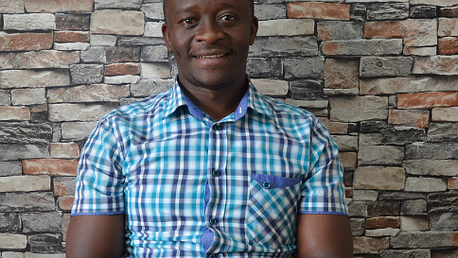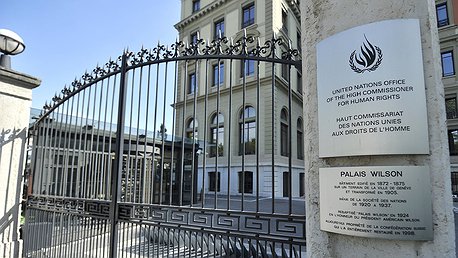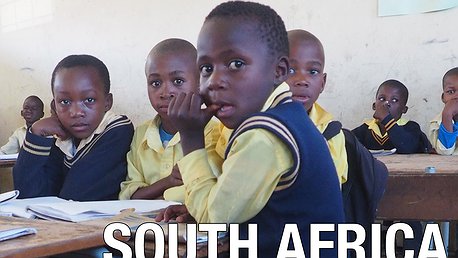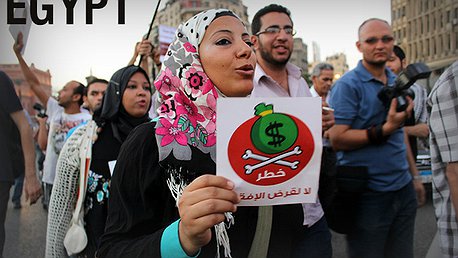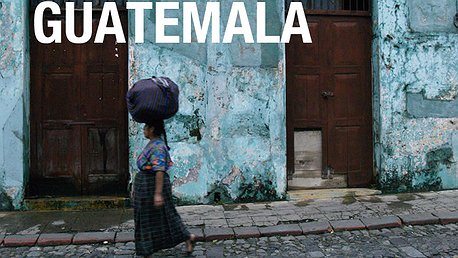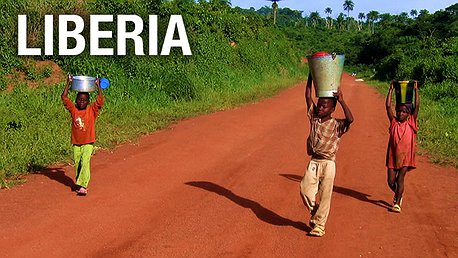Despite clear international norms, states continue to make economic and social policy with little heed to their human rights obligations. As a result, people continue to be marginalized by poverty, lack of basic health care and education, and by discrimination. Overcoming this gap demands tremendous advocacy to ensure that these international norms translate—through national laws, policies, jurisprudence and institutions—into meaningful changes in lives of the poor and marginalized.
CESR works in partnership with activists, lawyers and other advocates around the world to expose deficits in national laws and policies, to promote reforms that align national with international standards and principles. Specifically, we seek to build the capacity of our partners to apply more rigorous, interdisciplinary methods when investigating economic and social rights violations and to use the findings of their investigations more strategically to claim rights before accountability mechanisms—including courts, national human rights commissions, regional organizations, and United Nations bodies. Supporting projects aimed at securing the justiciability of economic and social rights; demanding transparency in and accountability for the distribution of financial resources; and promoting the enforcement of progressive judicial decisions on economic, social and cultural rights, are examples of this work.
Our in-depth support involves intensive, long-term partnerships over the full cycle of a project. Our strategic support provides more one-off, targeted interventions designed to boost projects already well underway by national partners. Typically, requests for support come from local or national NGOs. We follow up with a needs assessment to determine whether there is a value-add that we can bring to the project. We prioritize projects that have a strong likelihood of creating systemic change. Importantly, we are committed to the implementation of decisions and recommendations from these mechanisms and continue to support our partners after formal processes are complete, to ensure change on the ground.
We believe in collaborations premised on working on equal footing, privileging local expertise, and tailoring strategies to context. For example, we conduct training programs; assist with project planning; collaborate on research, including legal, political and economic analysis; mentor partners in developing an advocacy strategy and on in-person engagement with accountability mechanisms. This work is broad and cross-cutting. It has addressed issues as varied as the right to food in Bolivia and reproductive health in Macedonia.

